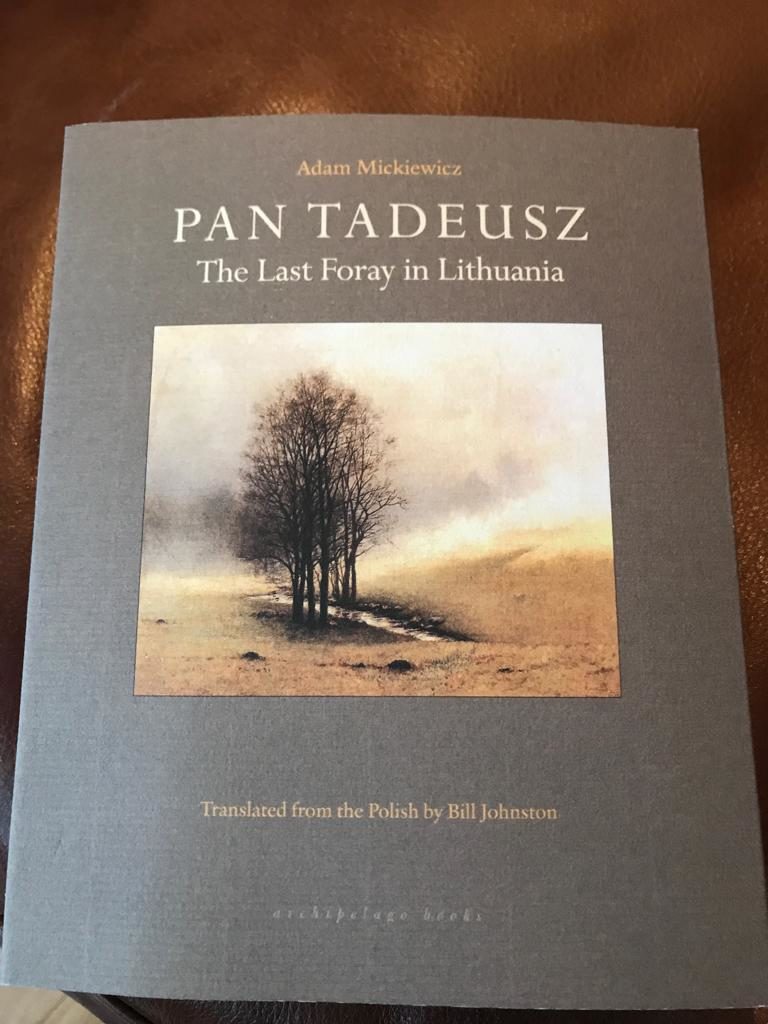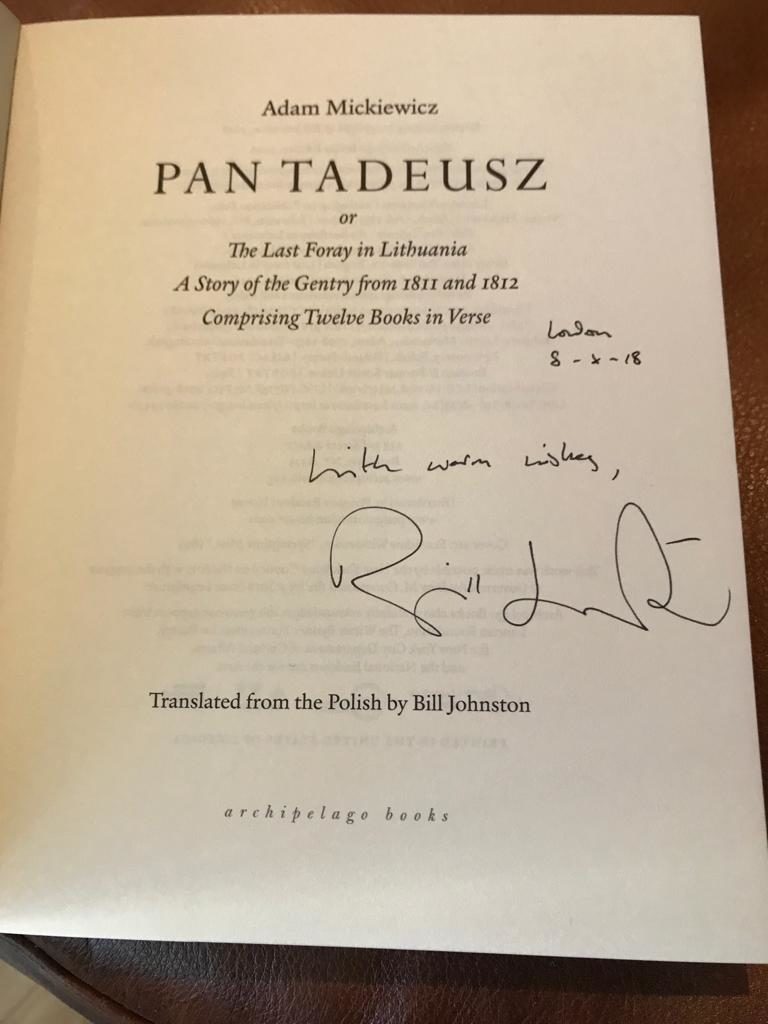

The national epic of Poland and touchstone of modern European literature, now in a fresh translation by award-winning translator Bill Johnston.
A towering achievement in European literature, Pan Tadeusz is the central work of the Polish literary canon, heralded for its lovingly detailed recreation of a bygone world. The traditions of the Polish gentry and the social and natural landscape of the Lithuanian countryside are captured in verse of astounding beauty, simplicity, and power. Bill Johnston’s translation of this seminal text allows English-language readers to experience the richness, humor, and narrative energy of the original.
In a panoramic view of early 19th century Polish society, Pan Tadeusz interlaces various narrative threads, from the homecoming of the eponymous Pan Tadeusz from his studies in the city, to a feud between local families over ownership of a ruined castle, to clandestine preparations for Polish participation in Napoleon’s anticipated invasion of Russia, to the mystery of Father Robak (“Worm”), a monk whose involvement in all the stories seems to tie them together.
Adam Mickiewicz’s verse novel is the single most influential text in the Polish language, period. But that’s not why readers should flock to it in English. We should read it because it is a supreme work of Romantic irony—hypnotic, hilarious, melancholic, strange. And, in Bill Johnston’s masterful translation, breathtaking.
— Benjamin PaloffThe book is marvelous, its language preserved as a thesaurus of phrases whose origin has been long forgotten, now constituting a shared national vocabulary. … It has now appeared in a very good translation by Bill Johnston, uncluttered by archaisms, quick and energetic, full of humor and warmth, unobtrusively rhymed. It is a gift to English-language readers, revealing the depths of Lithuanian forests, squabbling warrior-barons, and flirting ladies in search of husbands. And the underlying despair of the author—an exile forever separated from home.
— Irena Grudzińska, Book Post

